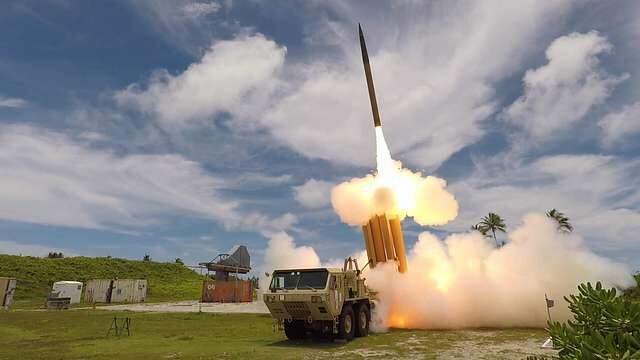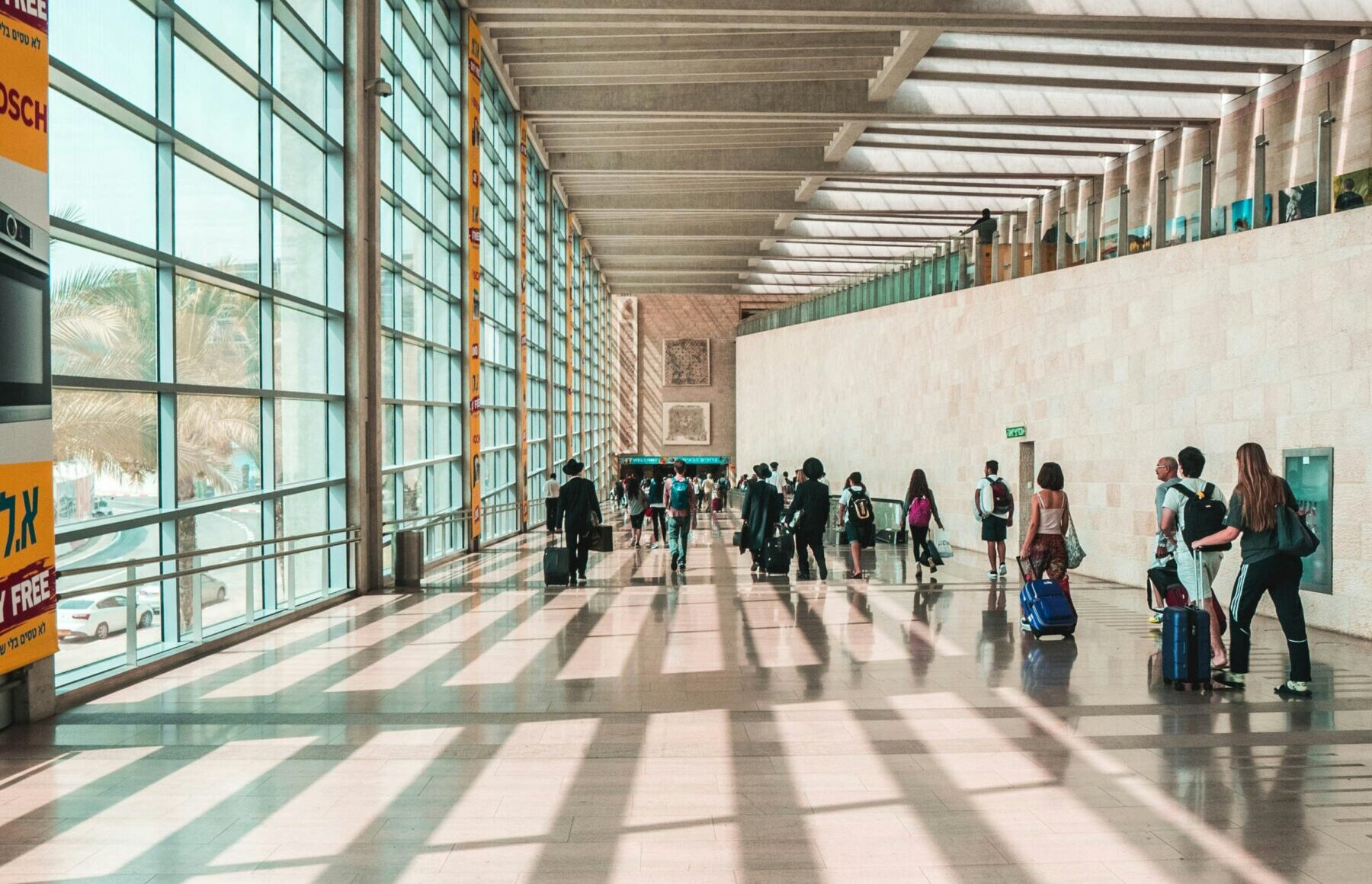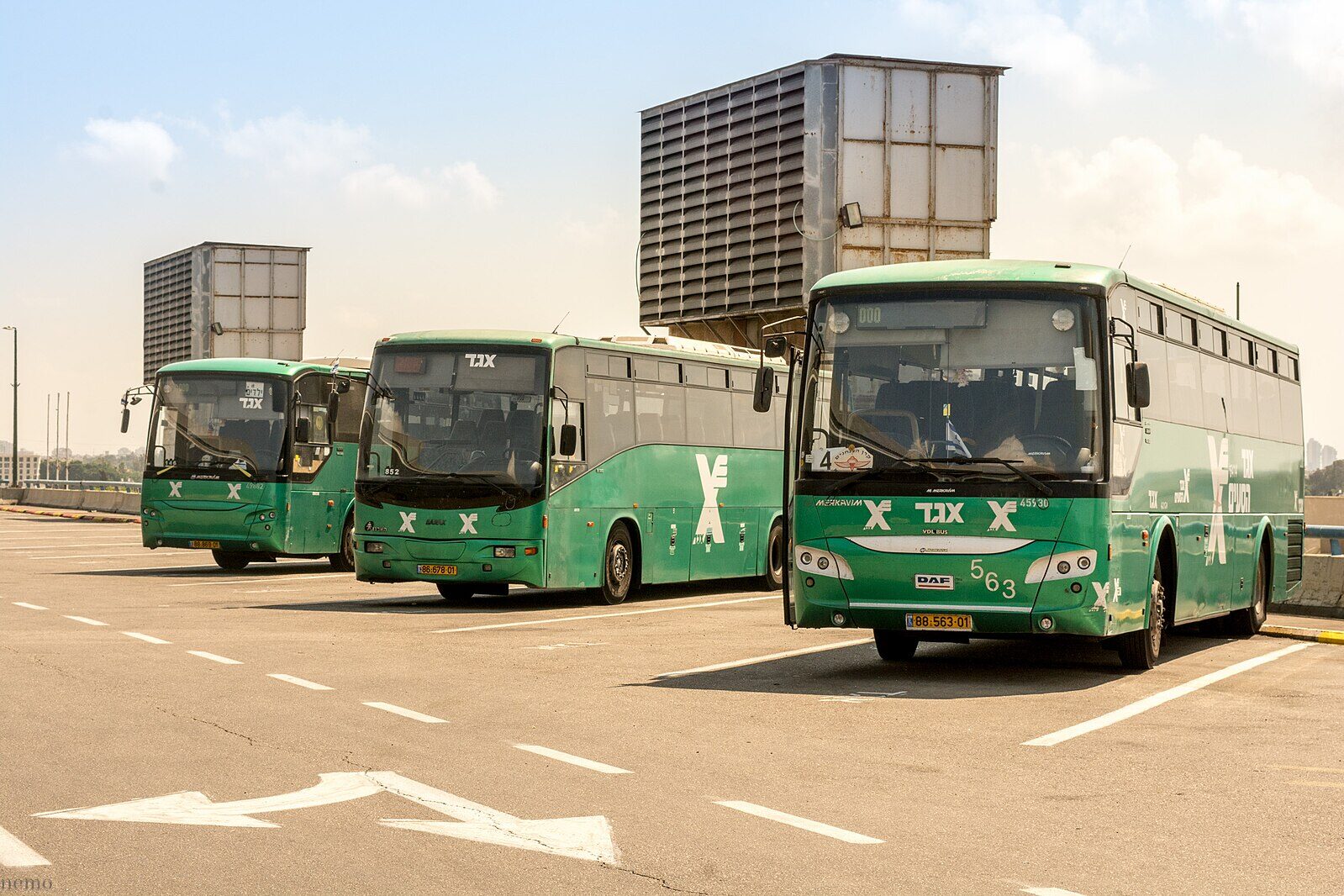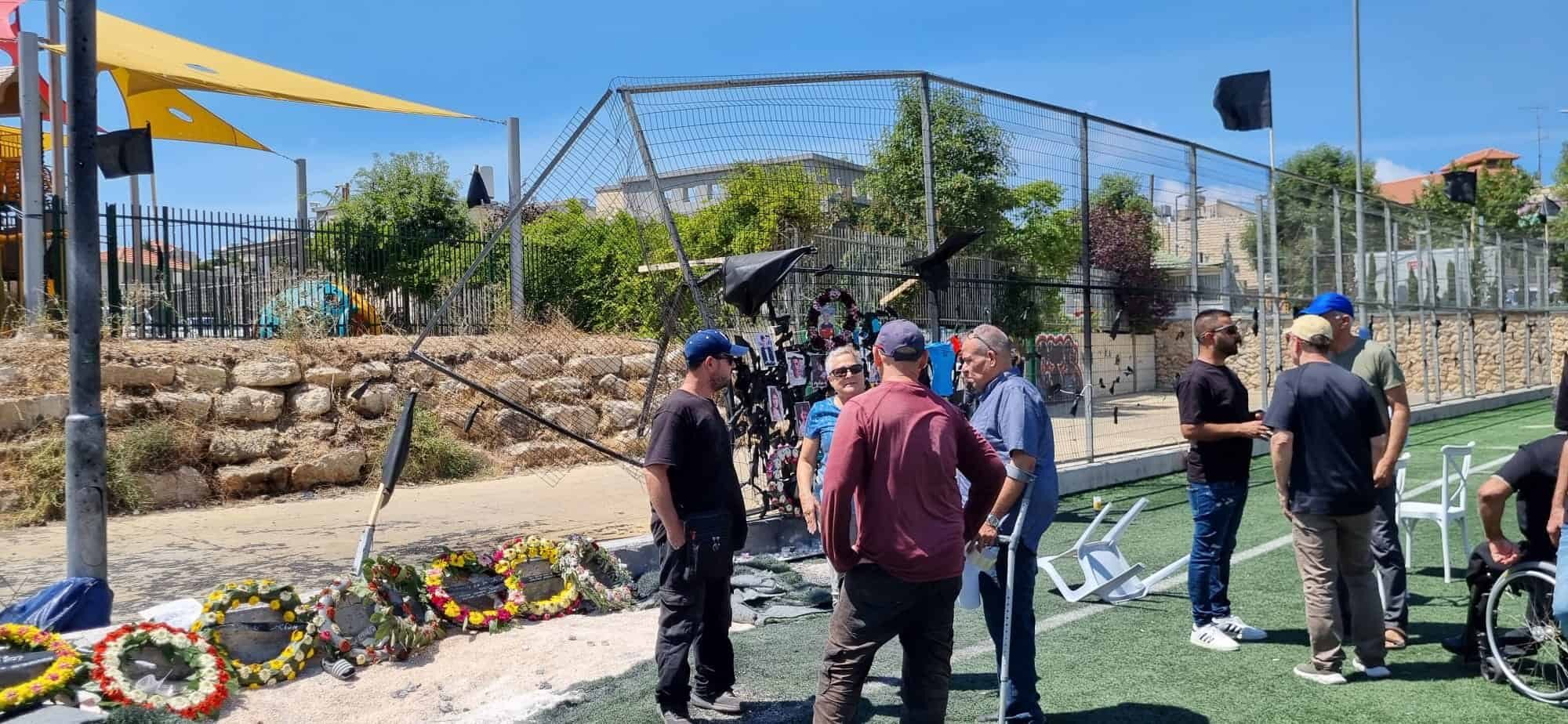United States Uses THAAD Missile Defense System to Help Israel

Developed by Lockheed Martin, THAAD stands for Terminal High Altitude Area Defense and is a mobile defense system that can intercept ballistic missiles from a high altitude, even outside the atmosphere. Similar to Israel’s Arrow System, it uses kinetic energy to destroy threats. There are nine THAAD systems worldwide—seven of which the United States owns (located in Texas, South Korea, the Middle East, and Guam). The United Arab Emirates has two systems, which it has used to stop attacks from the Houthis in Yemen. During Israel’s twelve-day war with Iran, American forces launched between 100 and 150 THAAD missiles to help defend Israel.
Some American defense officials are concerned about the country’s THAAD missile depletion, urging the military to replenish its stock. Production of THAAD missiles is slow. The United States produced eleven new THAAD missiles in 2024 and expects twelve more in 2025. Budget projections for 2026 indicate the military plans to produce thirty-seven THAAD missiles next year. American willingness to use this valuable defense resource to protect Israel indicates “a significant commitment to Israel.”
Please pray that the THAAD missile defense system can be replenished quickly for the safety of Israel and the world.
Unsafe Travel for Israelis and Jewish People

As Israelis planned the end of their summer vacations, soaring flight prices and uneasy atmosphere for Jewish people across Europe, the United States, Australia, etc. caused people to rethink their travel plans. Since many airlines canceled their flights in and out of Israel or threaten to do so in the event of any escalation, Israelis have had to rely on El Al, Israel’s national carrier. El Al, under most situations, will continue to fly in wartime. This caused their prices to rise drastically.
In addition to the rising cost of travel, many Israelis are being turned away at sites across Europe, such as restaurants, music festivals, and camping grounds—a phenomenon similar to the 1930s and 40s. Now, there is always the threat that pro-Palestinian activists can pop up anywhere and threaten to harm Jewish and Israeli tourists. The security personnel at some large events, like music concerts, claim they cannot guarantee safety for the Israelis attending or artists preforming. Not long ago, there was an Israeli cruise ship that was unable to dock on the island of Syros because 150 protesters blocked their way with shouts and Palestinian flags.
Locations like Montenegro, Budapest, Belgrade, Bucharest, Warsaw, and Dubai are considered “safe” according to the Israeli government travel websites. Israelis who have a second passport rely on it when they travel so as not to be identified as Jewish or Israeli. This has caused many Jewish and Israeli travelers to feel like it is the 1930s, when widespread discrimination forced Jewish people to reconsider where they went for fear of placing themselves in dangerous situations. This pattern of Jewish people being barred from certain businesses or threatened is yet another sign of the global rise of antisemitism.
Please pray for safety for Jewish people and Israelis as they travel. Pray that the hatred and demonstrations against Jewish people would end now.
Through Hardship, Many in Israel Have Turned to God

As the war drags on and horrific images of Israel’s hostages are cruelly displayed, the families and citizens of Israel are left to grapple with continuing their daily lives. Those directly affected by the horrible events of October 7—soldiers, hostages who have returned, and even regular citizens—have said that faith is what has carried them through these dark times.
Many of the hostages and their families considered themselves to be secular before the war. During the war, many turned to God for hope and healing, began practicing Jewish rituals like keeping the Sabbath, and even started to read the Scriptures and pray. Dr. Einat Yehene—who is head of Rehabilitation at the Health Division in the Hostages Families Forum, a researcher, a clinical neuropsychologist, and an expert rehabilitation psychologist—has expressed that it is not uncommon for one’s relationship with faith to change as a result of dramatic, life-changing events. Yehene said that the idea of a higher power can also help hostages and families as they seek meaning in the ordeal they are going through.
“This situation [of captivity] causes the hostages and their families to grapple with an overwhelming sense of helplessness,” the psychologist said. “When people feel that they are powerless, they externalize the power and feel more in control by believing that, if it’s not me, there must be somebody else who will fix the situation.”
According to Yehene, in the January-February ceasefire, many hostages were freed and quite a few shared that they kept Jewish practices however they could, like putting a piece of toilet paper on their head to act as a yarmulke when they tried to say Sabbath prayers. Some tried to keep kosher, and some regularly used a Jewish prayer book (a Siddur). Throughout the time when their loved ones were in captivity, some families began praying, reading Scripture, and asking the Lord for miracles.
Please pray for these families, returned hostages, soldiers, and civilians to seek the Lord, His love, and His salvation for them, found in Jesus the Messiah.
God Brings Hope within the Bomb Shelter!

The war with Iran caused new fears and anxiety for much of the people of Israel. The stairwell that was a shelter from the smaller rockets sent from Hamas was no longer a good enough shelter for the massive ballistic missiles from Iran. This caused many, who do not have adequate safe rooms in their apartment, to have to run to the neighborhood bomb shelter. Although that was a frightening experience and a nuisance, the Lord used it to open up many opportunities for hopeful, gospel-oriented conversations!
In the community bomb shelter, one of our staff members got to meet her neighbors in a whole new way. Through the conversations, our staff member explained how she had hope during these difficult times. This established a unique and special connection. The neighbors wanted to know more! She went on to explain her faith in Jesus—the Jewish Messiah—and the hope He gives. There was some initial shock, but after a couple of days, they came back to her with more questions, openness, and desire to hear more about Jesus. Now, they regularly get together for dinner and speak for hours about the Bible, reading Scriptures together, and talking about God. Amid trials, a way was made for new friendships to be made, trust to be established, and the gospel to be proclaimed!
Please pray for these dear people’s hearts to continue to be opened, for friendship to be established, and for deep conversations to occur—even outside of the bomb shelter!



